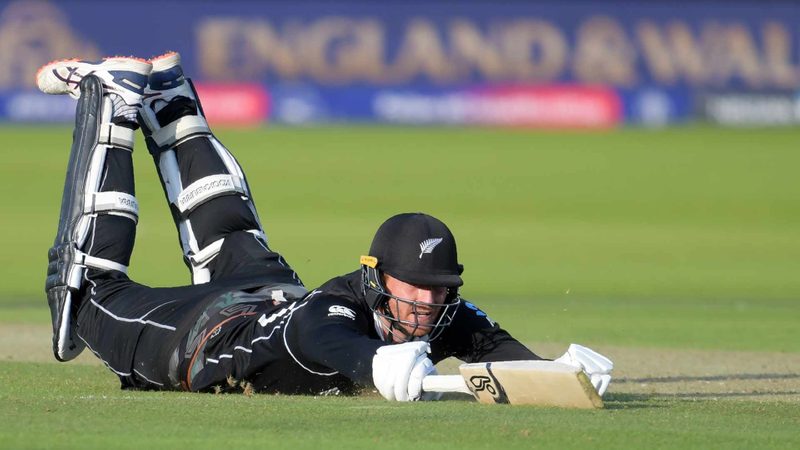
You couldn’t have asked for a better match befitting final of the 2019 ICC Cricket World Cup. Two teams with hardly anything to choose between them.
If England had the likes of Jonny Bairstow, Ben Stokes and Jason Roy as their batting main stays, Kane Williamson and Ross Taylor were the bedrock on which the New Zealand batting was built. Among the bowlers, while the hosts looked up to the likes of Jofra Archer and Chris Woakes to wreak havoc, the Kiwis had their troika of Trent Boult, Matt Henry and Lockie Ferguson. And on Sunday, none of them shied away from bringing their ‘A’ game to the fore as the final lived up to the expectation.
My suggestion - if the runs are tied, even after the super-over, play another over!
— Chinmay Bhogle (@chinmaybhogle) July 14, 2019
This seems like a simple enough solution - and in my opinion more practical than 'oh the other team scored more boundaries'
What if that's tied too? Play another. You won't have that many overs.
100 overs down, we still didn’t have a winner, which pushed the game into the first ever Super Over at this stage. Six balls per side to give it their all, and Stokes and Jos Buttler ensured that Archer had enough to defend as six more balls stood between England and their ultimate dream. And when one saw Jimmy Neesham and Martin Guptill walk out of the Lord’s long room, murmurs of England getting one hand on the Cup were inevitable. Neesham is known to use the long handle, but at the World Cup the Auckland-born had been rather quite expect for that explosive knock against Pakistan. And as for Guptill, the opener was in news more for his fielding heroics in crunch matches than his performance with the bat.
But the duo barely let their run so far affect them. Neesham wacked second ball from Archer over the cow corner, raising the Kiwi hopes. The following three balls saw them take five runs, bringing the required score to two of the final ball, with Guptill on strike. The 32-year-old had struggled to middle the ball throughout the competition. But with the pressure of the final at its brim, he was expected to do just that. Luckily for him, he got a clean hit this time and set out for the ever-so-precious two right away. But things were not meant to be as the ball headed straight into Jason Roy in the deep, and he had no hesitation in feeding the ’keeper with a clean throw to run Guptill out. The Super Over too tied, and this time England were declared winners, having hit more number of boundaries during the regulation 50 overs.
Not at all convinced by that rule “If it’s a draw in the Super Over England win”
— Samantha Quek (@SamanthaQuek) July 14, 2019
That has to be the crappest rule in sport?
Well done England though!!! #CWC2019 🏆
The winner decided on the number boundaries? If you thought the ICC was done creating weird and ridiculous rules after it adopted the Duckworth Lewis and Stern method to choose a winner in a rain-curtailed match, then consider what you saw on Sunday as the latest edition to bunch. By choosing to weigh the number of boundaries over any other aspect of the sport, in a way belittles it. Imagine having seen your bowlers put in a great shift to help your side tie the game after the batsmen floundered at every step, the officials decide to hand the tie to the opponents only because their batsmen were better on the day.
If you ever needed another example of cricket becoming a batsmen’s game, then the Sunday’s final is an example in itself. On the face of it, it’s a bit bizarre that a team that didn’t lose the final in regulation period, and also avoided defeat in the tie-breaker (Super Over in this case) ended up returning home without the cup. Probably, the ICC should take it upon itself to reconsider the rule.
Feature image courtesy: AFP Photo/ Dibyangshu Sarkar



























